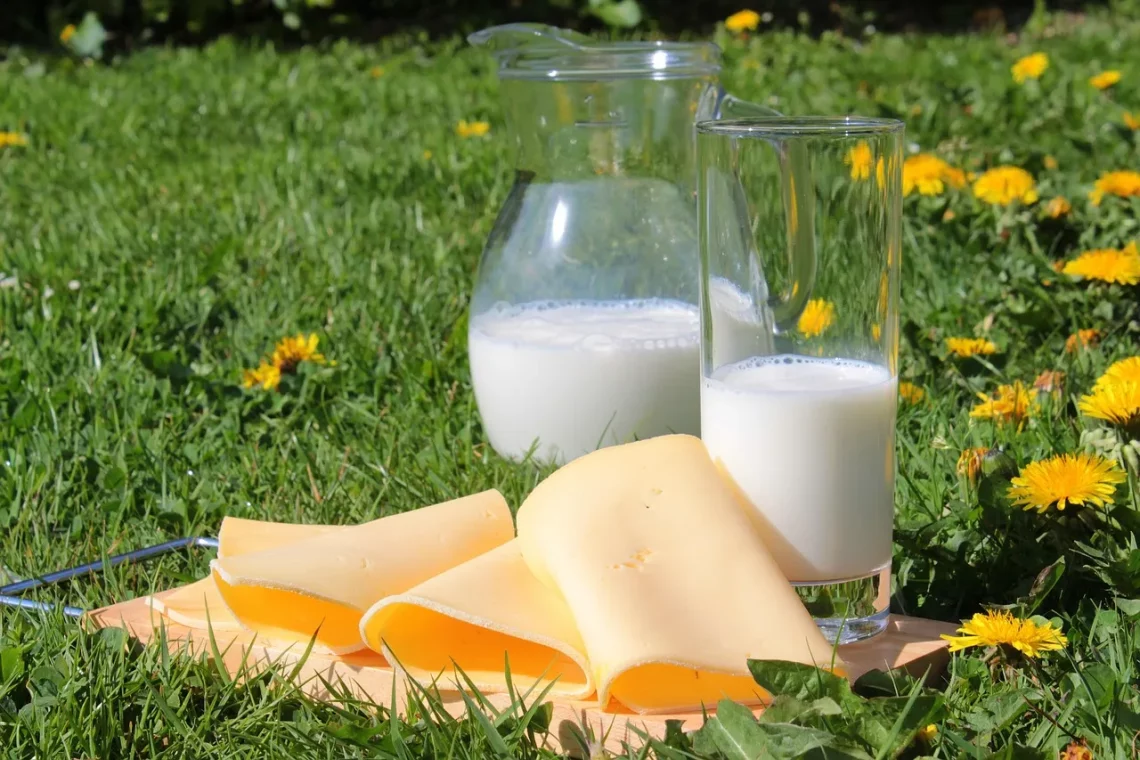
Essential Guide to Calcium Supplements for Healthy Chickens
Calcium is a vital mineral for all living organisms, playing a crucial role in various biological functions. For poultry, particularly chickens, calcium is indispensable for maintaining bone health, supporting egg production, and ensuring overall well-being. As backyard chicken farming continues to gain popularity, the need for proper nutrition, including adequate calcium intake, has become increasingly important.
Chickens require a balanced diet to thrive, and calcium is one of the key components that should not be overlooked. When chickens do not receive sufficient calcium, it can lead to a range of health issues, including weak bones, poor egg production, and even conditions like osteoporosis. Understanding how to effectively provide calcium to your flock is essential for any poultry keeper, whether you’re a seasoned farmer or a novice enthusiast.
In addition to its physiological benefits, proper calcium supplementation can also enhance the quality of eggs produced. Healthier hens lay eggs with stronger shells and richer nutritional content, which can be a significant factor for those selling eggs commercially or for personal consumption. This guide aims to explore the various aspects of calcium supplementation in chickens, emphasizing its importance, sources, and the best practices for ensuring your flock receives the right amount of this essential mineral.
Understanding Calcium’s Role in Chicken Health
Calcium plays a multifaceted role in the health and productivity of chickens. This essential mineral is primarily known for its contribution to bone development and maintenance. Chickens, like all birds, have a skeletal system that requires calcium for strength and structure. A deficiency in calcium can lead to brittle bones, making chickens more susceptible to fractures and injuries.
Another critical aspect of calcium in chickens is its role in eggshell formation. Hens require substantial amounts of calcium to produce eggs with strong, intact shells. The eggshell is primarily composed of calcium carbonate, and without adequate calcium intake, hens may lay eggs with thin or fragile shells. This not only affects the viability of the eggs but can also lead to increased breakage, resulting in economic losses for farmers.
Calcium also plays a role in various metabolic processes within the chicken’s body. It is involved in muscle contraction, blood coagulation, and nerve function. A balanced level of calcium ensures that these physiological processes operate smoothly, which is crucial for the overall health of the flock. When chickens receive the appropriate amount of calcium, they exhibit better growth rates, improved egg production, and enhanced immune responses.
Furthermore, the interaction between calcium and phosphorus is vital. These two minerals work in tandem to support bone health and metabolic functions. An imbalance between calcium and phosphorus can lead to issues such as rickets in young birds or egg production problems in laying hens. Therefore, it’s essential to monitor both minerals and ensure they are provided in adequate ratios to support optimal health.
Sources of Calcium for Chickens
There are several natural and commercial sources of calcium available for chickens. Understanding these options is crucial for poultry keepers looking to optimize their flock’s nutrition. The most common sources of calcium include limestone, oyster shells, and specialized commercial feed formulations.
Limestone is a widely used calcium source in poultry diets. It is typically ground into a fine powder and mixed with feed. This form of calcium is easily digestible and provides a consistent source of the mineral. Poultry keepers often prefer limestone because it is cost-effective and readily available.
Oyster shells are another popular calcium supplement for chickens, especially for layers. These shells are composed primarily of calcium carbonate and provide a natural source of calcium that hens can peck at as needed. Offering crushed oyster shells free-choice allows hens to regulate their calcium intake based on their needs, especially during peak laying periods when calcium demand is higher.
Commercial feeds specifically formulated for laying hens often contain added calcium. These feeds are designed to meet the nutritional requirements of chickens at different stages of life. When choosing a commercial feed, it’s essential to read the label and ensure it includes adequate calcium levels, typically around 3-4% for layers.
In addition to these primary sources, some poultry keepers opt for alternative calcium supplements, such as crushed eggshells or calcium-rich greens like kale and spinach. While these options can contribute to overall calcium intake, it’s vital to ensure that they are used in conjunction with more reliable sources to meet the hens’ needs effectively.
Best Practices for Calcium Supplementation
Implementing effective calcium supplementation practices is key to ensuring that your chickens receive the right amount of this essential mineral. Here are some best practices to consider:
1. **Monitor Calcium Levels**: Regularly assess the calcium levels in your chickens’ diet. This can be done through feed testing or by consulting with a poultry nutritionist. Understanding the calcium content of your feed and any supplements will help you make informed decisions.
2. **Provide Free-Choice Supplements**: Offering calcium supplements like crushed oyster shells or limestone free-choice allows hens to consume the mineral as needed. This approach can be particularly beneficial during peak laying seasons when calcium demand increases.
3. **Balance with Phosphorus**: Ensure that calcium and phosphorus levels are balanced in your flock’s diet. The ideal calcium-to-phosphorus ratio for laying hens is typically around 2:1. This balance is crucial for optimal bone health and egg production.
4. **Adjust for Age and Production Stage**: Younger chickens and non-laying pullets have different calcium requirements compared to laying hens. Adjust their diets accordingly to prevent deficiencies or excesses.
5. **Observe Behavior and Health**: Monitor your flock for signs of calcium deficiency, such as poor egg production, weak shells, or behavioral changes. If any issues arise, consider reassessing their diet and supplementation practices.
6. **Consult Experts**: When in doubt, consult with a veterinarian or poultry nutritionist. They can provide personalized recommendations based on your flock’s specific needs and conditions.
By following these practices, poultry keepers can ensure their chickens receive adequate calcium, promoting better health and productivity.
**Disclaimer**: This article is for informational purposes only and should not be considered medical advice. Always consult a veterinarian or poultry nutritionist for specific health issues or dietary concerns regarding your chickens.




